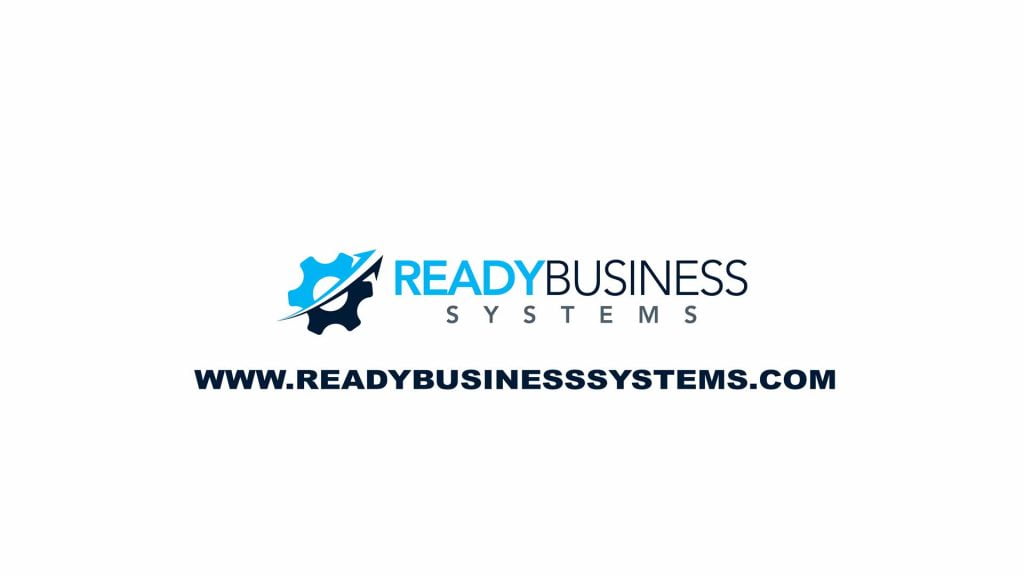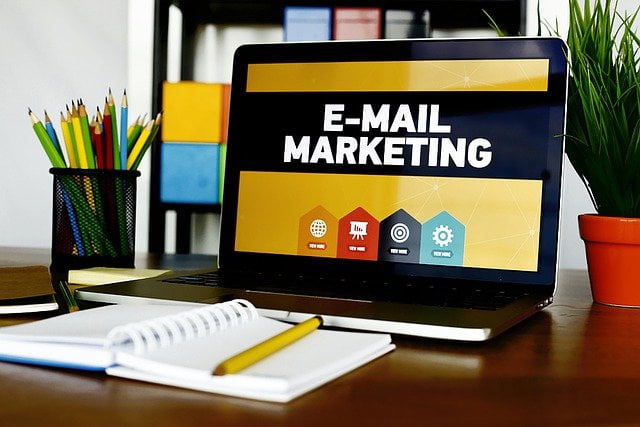Email marketing stands out as a versatile and powerful tool for businesses aiming to establish and nurture meaningful connections with their audience. As a direct and personalized communication channel, it allows companies to deliver targeted messages, promotions, and valuable content directly to their subscribers’ inboxes.
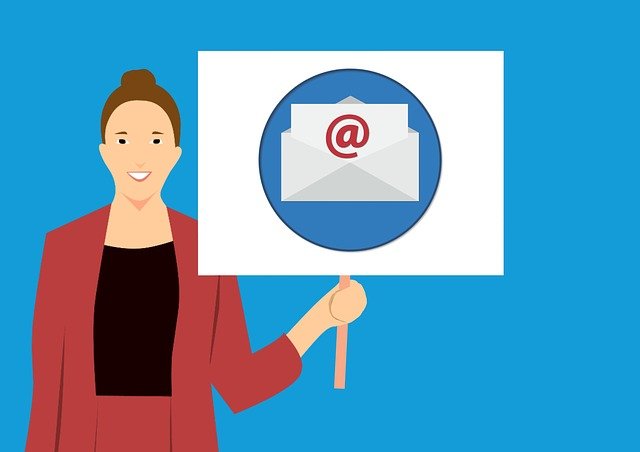
Key Advantages of Email Marketing
Email marketing using a platform like Mailchimp offers several benefits compared to other types of marketing channels. Here are some of the key advantages:
Cost-Effective
Email marketing is typically more cost-effective than traditional marketing channels like print or direct mail. There are no printing or postage costs, making it a budget-friendly option for businesses.
Targeted Audience
Email marketing allows you to break your audience into groups based on criteria such as demographics, location, or behavior. This lets you send targeted, personalized messages to specific segments, increasing the relevance of your content.
Measurable Results
Email marketing platforms provide in-depth analytics and reporting tools. You can track marketing metrics such as open rates, click-through rates, conversion rates, and more. This data helps assess campaigns’ success and make informed decisions for future strategies.
Quick and Timely Communication
Emails can be created and sent relatively quickly, allowing businesses to promptly communicate time-sensitive information or promotions. This agility is particularly valuable in dynamic industries where rapid response is essential.
Global Reach
Email marketing reaches a global audience without the constraints of physical boundaries. This is especially advantageous for online businesses or those targeting an international market.
Automation and Personalization
Email marketing platforms often offer automation features that allow for drip campaigns, automated responses, and personalized content creation. Automation can save time and ensure timely communication with your audience.
Highly Customizable Content
Emails can be highly customized, allowing businesses to tailor content to different audience segments. Personalization fosters a stronger connection with recipients, increasing the likelihood of engagement.
Opt-In and Opt-Out Options
Email marketing relies on the principle of permission marketing, where individuals opt-in to receive emails. This means that the audience is more receptive to the content, and there is usually an option to opt-out, respecting users’ preferences and privacy.
Long-term Relationship Building
Email marketing is effective for nurturing long-term relationships with customers. Through regular communication, businesses can build trust, provide value, and stay top-of-mind with their audience.
Integration with Other Marketing Channels
Email marketing seamlessly integrates with other types of marketing channels, creating a cohesive and coordinated marketing strategy.
Different Types of Marketing Channels
Email marketing integrates with other marketing channels to create a strong, coordinated marketing strategy. The choice of channels often depends on the nature of the business, the target demographic, and the overall marketing strategy.
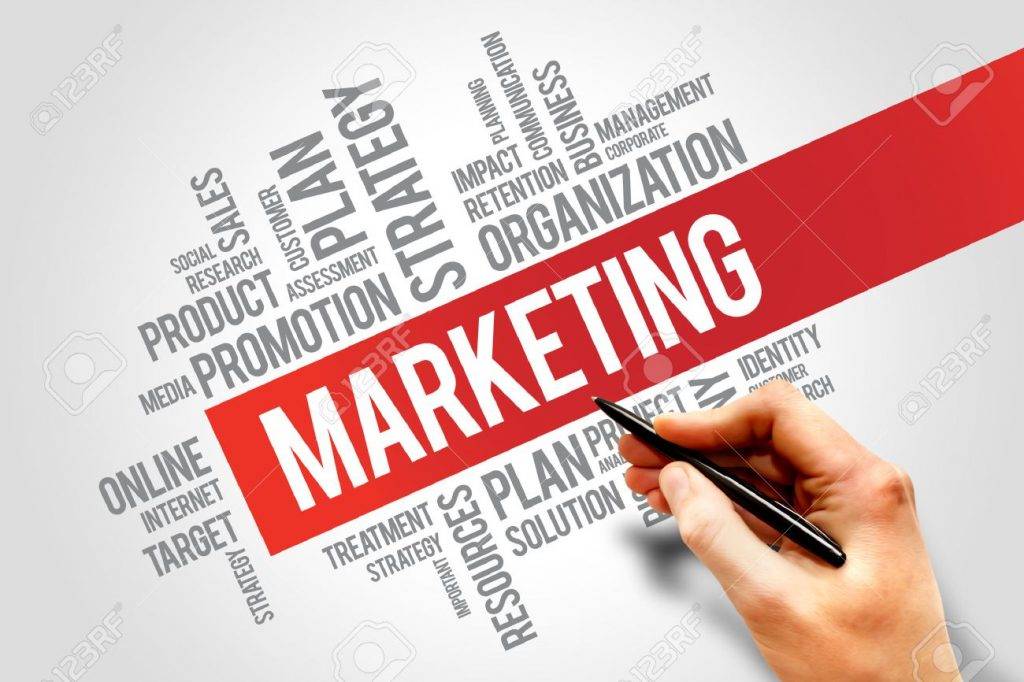
Here are some common marketing channels you can pair with your email marketing:
Digital Marketing Channels
- Search Engine Optimization (SEO): Optimizing content for search engines to improve organic search visibility.
- Search Engine Marketing (SEM): Paid advertising on search engines, often through platforms like Google Ads.
- Social Media Marketing: Leveraging social media platforms (e.g., Facebook, Instagram, Twitter) to promote products/services and engage with the audience.
- Content Marketing: Creating and distributing relevant, valuable content to attract and retain a target audience.
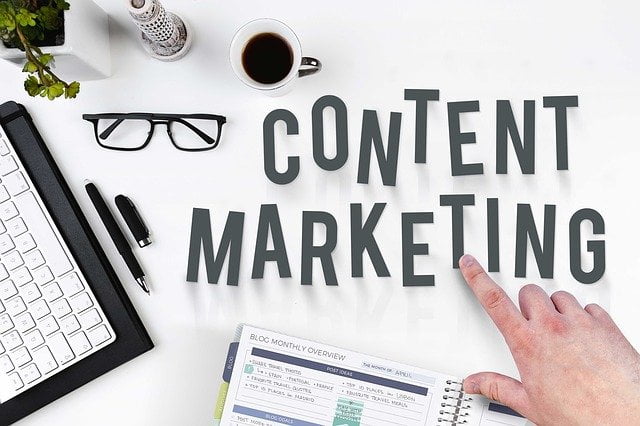
Traditional Marketing Channels
- Print Advertising: Placing ads in newspapers, magazines, brochures, or direct mail.
- Broadcast Advertising: Utilizing television and radio to reach a wide audience.
- Outdoor Advertising: Displaying ads on billboards, posters, or transit vehicles.
- Direct Mail: Sending physical promotional materials, such as postcards or catalogs, directly to a target audience.
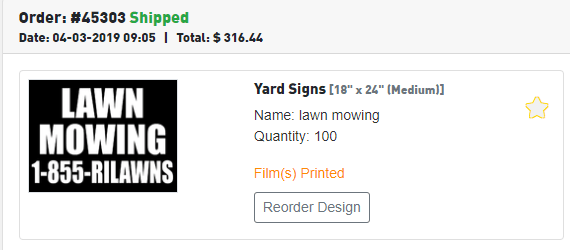
In-Person Marketing Channels
- Events and Sponsorships: Participating in or sponsoring events, trade shows, conferences, or community gatherings.
- Experiential Marketing: Creating immersive brand experiences to engage consumers directly.
- In-Store Promotions: Running promotions or displays within physical retail locations.
Word-of-Mouth and Referral Marketing
- Encouraging satisfied customers to recommend and refer the business to others.
- Leveraging customer testimonials and reviews to build credibility.
Affiliate Marketing
- Partnering with affiliates or influencers who promote the business in exchange for a commission on sales or leads generated through their efforts.
Mobile Marketing
- Utilizing mobile devices for marketing efforts, such as mobile apps, SMS marketing, or location-based targeting.
Video Marketing
- Create and share video content via social media platforms or YouTube to convey messages and engage the audience.
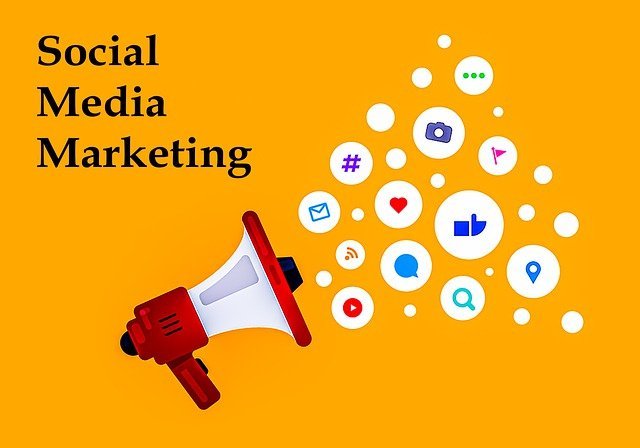
Community Engagement
- Building relationships with local communities through sponsorships, partnerships, or participation in community events.
Public Relations (PR)
Managing and influencing the public perception of a business through media coverage, press releases, and other communication strategies.
Affinity Marketing
Partnering with businesses that have a similar target audience to cross-promote products or services.
Need Some Email Marketing Help from Ready Business Systems?
Email marketing is an effective business strategy, especially when you pair it with another marketing channel. If you need help with your email marketing, turn to Ready Business Systems!
For more information about the services Ready Business Systems offers and how we can effectively help grow your business, call us at 1-800-485-1404 or visit our Contact page.
